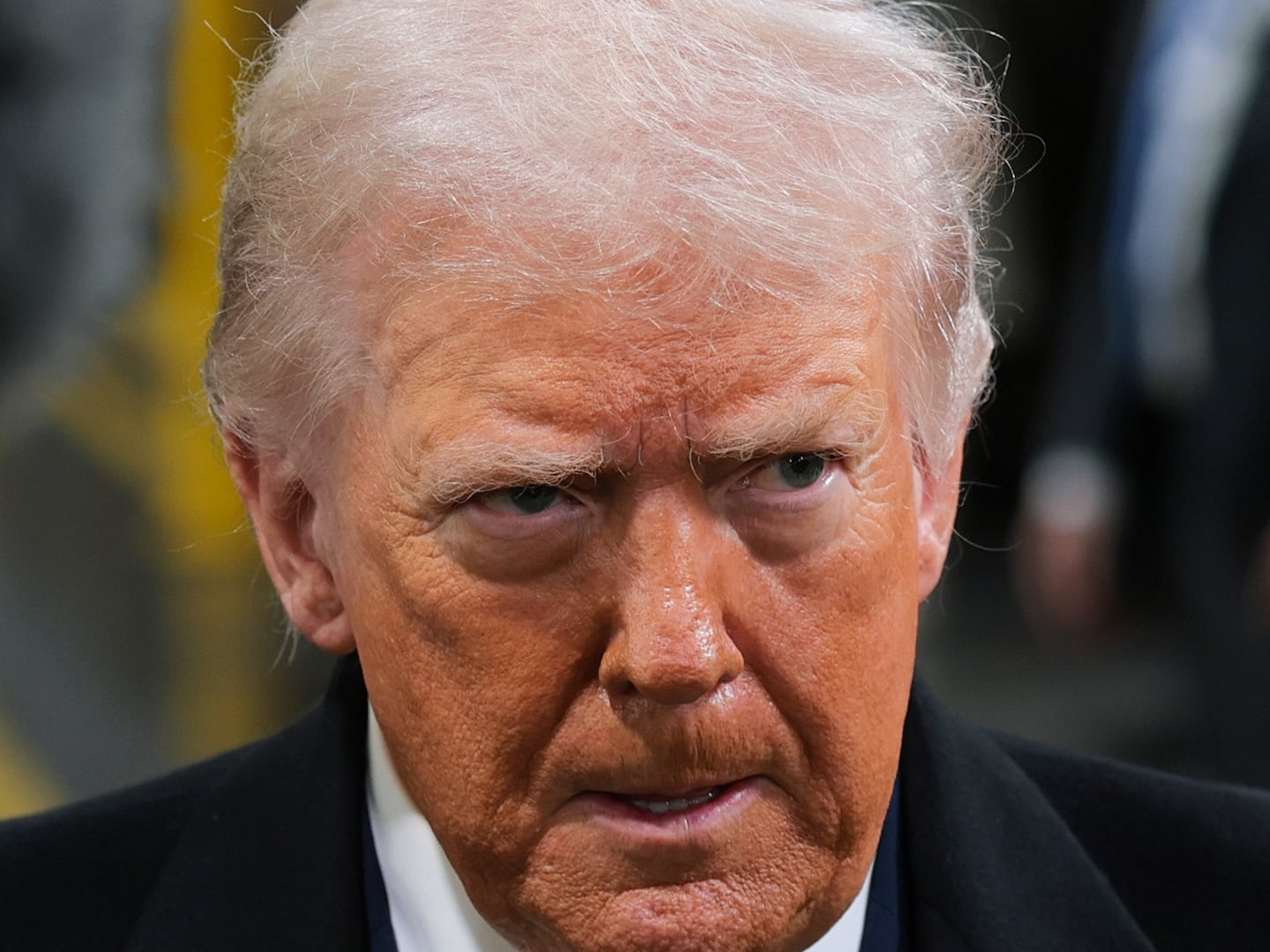Silvio Berlusconi is a convicted felon. After more than 20 legal proceedings, all of which fell through the cracks for various reasons--from statute of limitations to legal loopholes, many of which he created as prime minister -- his Teflon shield has finally chipped.
On Thursday, after two days of testimony and more than six hours of deliberation, Italy’s high court upheld a tax fraud conviction, and with it a four-year jail penalty for the 76-year old former prime minister. Three of those years are most certainly suspended under an amnesty, and the remaining year can be served under house arrest, since Berlusconi is over 70 years old and prison terms aren’t mandatory for old timers due to severe prison overcrowding in Italy. Anyway, house arrest shouldn’t be much of a penance since il Cavaliere has plenty of lavish residences to chose from.

The conviction stings, no doubt, but it wasn’t a total loss for Berlusconi. Italy’s high court did punt on a very controversial aspect of the sentence: banning him from public office, a move many see as a compromise. On that point, they sent the issue back to an appellate court in Milan to redefine the terms under which the potential ban should have been levied. It could take several years before that issue is clarified.
Berlusconi’s lawyers unsuccessfully argued that, while certainly there were some corners cut in the bookkeeping when Mediaset acquired US film rights, those corners were allowed within the fiscal laws in place at the time. In essence, the alleged tax fraud committed was allowed by the law, say his lawyers. They also argued that banning Berlusconi from public office was proof that he was the victim of a “persecution” by left-wing judges who were doing the work of the voters to sideline a political foe.
Despite public outcry ahead of the verdict, reaction was deafeningly silent. Italy’s prime minister Enrico Letta, who risks the stability of his own government if Berlusconi’s supporters withdraw their support on news of the verdict like they threatened, didn’t immediately comment. If there were any champagne bottles being popped, they popped in silence, or at least out of the cameras’ viewfinders. Italy’s president of the republic urged calm and asked the populous to “respect the judiciary.”
Berlusconi’s family and friends, including his elder daughter, Marina, and his young girlfriend, Francesca Pascale, gathered around him in the hours before the verdict was read. A tiny group calling themselves “Silvio’s Army” gathered in front of his palace in Rome. No official comment came from his camp, but his brother’s newspaper Il Giornale ran a headline that ran: “Condemned: Democracy Decapitated.” Center-right party leaders made their way to comfort their fallen leader as night grew dark over Rome. Only supporters of Beppe Grillo and his raucous Five Star Movement tweeted that they would refuse to serve in Parliament next to a known felon.
But perhaps the main reason celebrations were kept to a minimum is because there is still so much uncertainty about just what happens next. Because he was not immediately banned from office, Berlusconi did not automatically lose his senatorial seat, and, at least until clarification comes on the finer points of his ban from office, he could theoretically run again in the next elections, which could be soon since his party holds the key to this government’s future. “Where else would a conviction for tax fraud NOT lead to the end of a political career? In Italy's big moment, it is still an exception,” tweeted Bill Emmott, former Economist editor who has been a vocal opponent on the Berlusconi reign.
He raises a good question. After nearly 20 years in and out of power and as the head of the country’s private media empire, Berlusconi is much more than a politician. For better or worse, he is part of the culture--and even a high court conviction won’t be his end.






